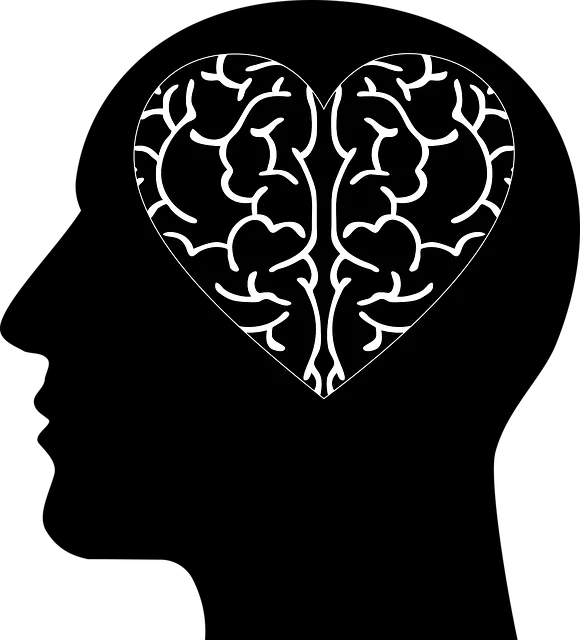The RFM (Resilience, Flexibility, Mastery) framework, implemented by Parker and Kaiser in inpatient settings, enhances mental health and well-being through evidence-based practices, cultural sensitivity, and individualized care. This approach includes resilience-building exercises like mindfulness meditation to reduce anxiety and promote emotional regulation. By assessing institutional capabilities, developing a strategic plan, engaging the community, establishing clear referral pathways, and regularly assessing performance, effective inpatient mental health programs can be launched. Parker's story showcases how Kaiser's supportive framework helps individuals overcome mental health challenges through mood management tools and social skill development, emphasizing the importance of inner strength in recovery. Search terms like 'Parker does Kaiser have inpatient mental health' should guide this process.
“Unraveling the power of RFM (Resilience, Flexibility, and Motivation) in fostering mental health resilience, this article explores its integral role in patient care. We delve into the implementation of inpatient mental health programs, offering a comprehensive guide for healthcare professionals. Through Parker’s inspiring journey with Kaiser’s supportive framework, we uncover how such programs can effectively address challenges. Discover practical steps to enhance patient outcomes and learn from Parker’s story, highlighting the transformative potential of RFM-based approaches in inpatient mental health care, specifically focusing on Parker does Kaiser have inpatient mental health.”
- Understanding RFM and Its Role in Mental Health Resilience
- Implementing Inpatient Mental Health Programs: A Step-by-Step Guide
- Parker's Journey: Overcoming Challenges with Kaiser's Supportive Framework
Understanding RFM and Its Role in Mental Health Resilience

Resilience is a vital component of mental health and well-being, enabling individuals to navigate life’s challenges and adversity with strength and adaptability. This concept is at the core of RFM (Resilience, Flexibility, and Mastery), a framework designed to enhance resilience in various contexts, including mental healthcare. Parker and Kaiser’s research highlights the importance of RFM in inpatient mental health settings, offering a structured approach to fostering resilience among patients.
Inpatient programs like those available at Kaiser have recognized the value of integrating resilience-building exercises into treatment plans. These exercises often include mindfulness meditation practices, which are known to reduce anxiety and promote emotional regulation. Additionally, cultural sensitivity in mental healthcare practice is essential, ensuring that interventions are tailored to meet the unique needs of diverse patient populations. By combining these strategies, mental health professionals can create a supportive environment that empowers individuals to build resilience, ultimately improving their ability to cope with stress and enhancing overall mental well-being.
Implementing Inpatient Mental Health Programs: A Step-by-Step Guide

Implementing Inpatient Mental Health Programs: A Step-by-Step Guide
At Parker does Kaiser have inpatient mental health? Yes, many institutions like Kaiser offer such programs to cater to severe cases. To successfully implement an inpatient mental health program, start by assessing your current resources and needs, considering factors like staff expertise, facility capacity, and patient demographics. Next, develop a comprehensive plan that aligns with evidence-based practices, incorporates cultural sensitivity in mental healthcare practice, and respects individual patient needs. This includes integrating Mind Over Matter Principles to enhance coping strategies and resilience building.
Once planning is complete, initiate the program by introducing it to the community through Community Outreach Programs. Educate stakeholders about the benefits and services offered. Ensure clear communication channels for referrals and admissions. Regularly monitor and evaluate program effectiveness, making adjustments as needed to meet evolving patient needs and best practices in mental healthcare.
Parker's Journey: Overcoming Challenges with Kaiser's Supportive Framework

Parker’s story serves as a powerful example of how Kaiser’s supportive framework can help individuals navigate and overcome challenges related to mental health. Often, those struggling with their mental well-being find themselves in a maze of difficulties, feeling lost and disoriented. However, Parker’s journey highlights the transformative potential of specialized programs like Kaiser’s RFM (Resilience, Flexibility, and Mindfulness) exercises.
Through these exercises, Parker gained valuable tools for mood management, enhancing his ability to cope with life’s ups and downs. Furthermore, the program facilitated social skills training, enabling him to build connections and foster a sense of community support. As Parker’s experience demonstrates, inner strength development is a pivotal aspect of recovery, empowering individuals to take charge of their mental health and embrace resilience.
The implementation of RFM (Resilience, Flexibility, and Mastery) principles in mental health programs, as showcased by Parker’s transformative journey with Kaiser, highlights the power of supportive frameworks. By integrating RFM into inpatient care, mental health facilities can empower individuals like Parker to overcome challenges and build resilience. This step-by-step guide ensures a structured approach, making it accessible for professionals to create meaningful change in patient outcomes, emphasizing that supportive environments are key to fostering mental well-being.






